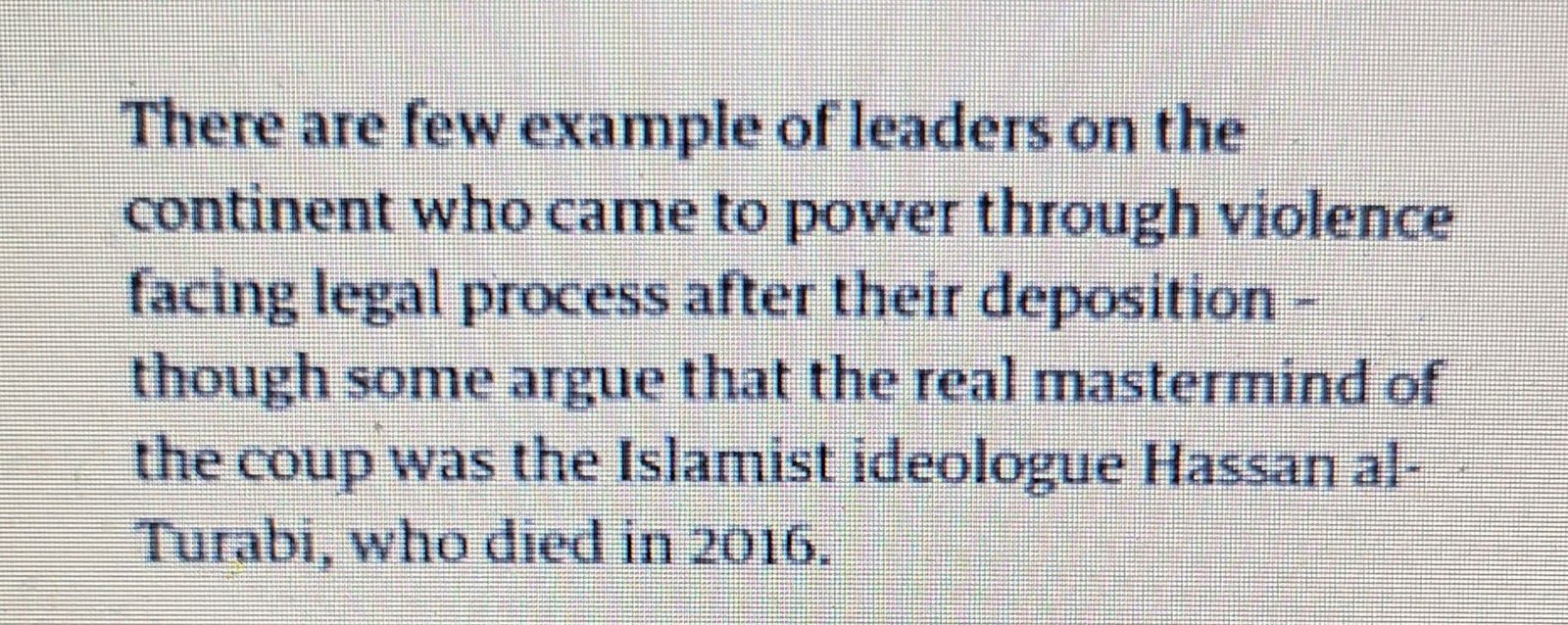Innovators Hide behind Great Imams of Sunnah to Spread their Innovations – Shaykh Rabee
This behaviour is one of the behaviours of the people of innovation and discord, it is inevitable that they (attempt to) hide behind a prominent figure. The Qadariyyah hid behind Al-Hasan Al-Basri (rahimahullah) and wrote, spread and composed treatises falsely and deceitfully attributing the deviant belief regarding Al-Qadr to Al-Hasan, although he was not one of them and perhaps they still claim that Al-Hasan Al-Basri was one of them – may Allah disfigure them and absolve him of them.
The Khawarij were hiding behind another great figure, Abu Al-Sha’tha Jabir bin Zaid, one of the elder students of Ibn Abbas behind whom the Khawarij hid.
These are the tricks of the people of innovation in religious matters, because their innovations do not spread if they do not hide behind the Imams of Islam, and you see that the Ash’aris attach themselves to the Imams, meaning: a man from the Ash’aris may have a Maliki school of thought [in the subsidiary matters], but he attributes his Ashari Aqeedah to Malik and his Sufism he attributes to Malik, and likewise the Maturidis claim to be affiliated with Abu Hanifah and they are Maturidis, and their school of thought is derived from the school of thought of Jahm ibn Safwan, and all the people of deviant paths hide behind the Imams of Islam, the Zaidis hide behind Zaid, the Rafidis hide behind Ja’far al-Sadiq and Ahl al-Bayt, because their rejected creeds do not spread except through tricks and hiding behind the Imams. This is what many people do. The Qutubiyyah hav not spread except due to hiding behind Ibn Taymiyyah, Ibn al-Qayyim, Ibn Baz, al-Albani, Ibn Uthaymeen, and other respected figures who are accepted by the people of sunnah worldwide. They say: We are students of Ibn Baz, we follow the methodology of the Salaf, and we are from the students of al-Albani, we are students of Ibn Uthaymeen. They deceive people that these imams are with them. Their tricks/deceit fool many young people who love knowledge, love scholars, love Islam, and love the truth. However, the tricks of these people deceive many people, and they fall into their traps.
Adh-Dharee’ah vol.1 pg. 101-102



